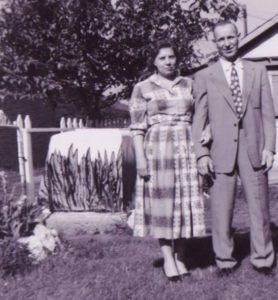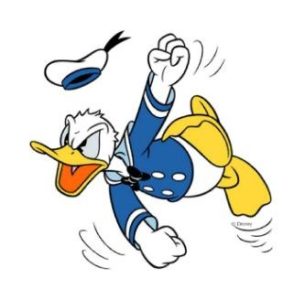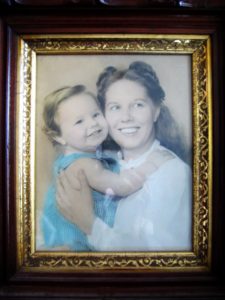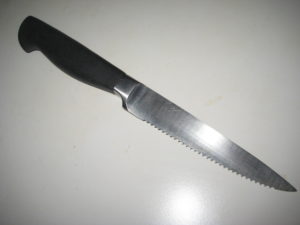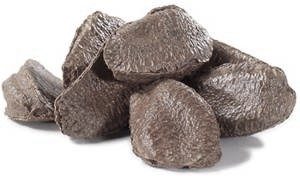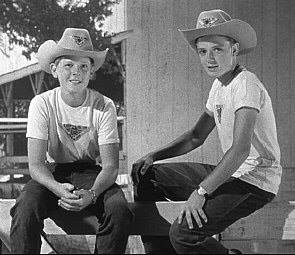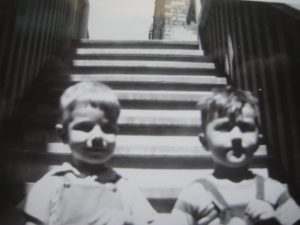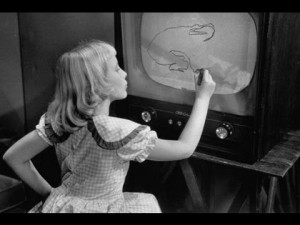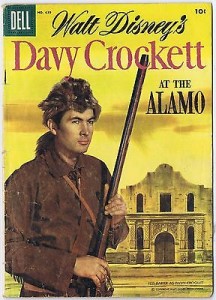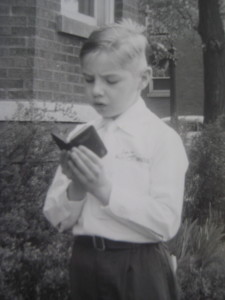When I was growing up, there were no paved alleys. They were comprised of cinders and no one had any idea how the city was able to get that many cinders (fire residue) to cover all the alleys, but they did somehow. Speculation was that they were remnants of the Chicago Fire and were transported from various locations such as downtown’s lakefront, where most of the debris from the fire was used as landfill, and the old Ashland (appropriately named) avenue dumps including the Riverview area around Belmont and Western.
In those days there were no plastic bags either and when mom went shopping at the food store, all the groceries were packed into handle less paper bags. They were not easy to carry (especially the heavier ones), but most of the time mom made it home without any of the bags ripping. Milk and juices were delivered to our homes and shopping was at least twice a week in order to carry all the meats and groceries.
The paper bags were saved and used to collect the family garbage. All the table scraps and left over trash were placed into the bags and daily transported to our huge cement garbage containment locker located in the back of our yard.
This mausoleum was huge, and had a heavy metal flip top where we kids would throw the bags of garbage which would be picked up once a week by the sanitation department. The men who collected the trash were then simply known as garbage men, and they would open the bottom front of the cement behemoth, facing the alley, and shovel out the bags of trash into the truck (a messy job it was).
The entire process was not as sanitary back then as it is now. The cement blockhouse would occasionally be hosed out by my father onto the cinder strewn alleyway, but most of the time the thing stank with the remnants of the week’s (if not years) dinner remains and expired foodstuffs.
Part of the excitement of emptying the garbage was to see if you could make it from the house to the bin without the grease and oil soaked bags falling apart in your arms as you carried them to the back of the yard for disposal. Usually, the bags would give way as you lifted the metal top and hoisted the bags up to drop inside. Many a time I had to shovel the dropped fruit cores and rinds along with chicken skins and beef fat off the grass and sidewalk and dump it into the cement depository, followed by a hosing down of the outlying area.
Winters were not all too bad for garbage but the summer months brought on all the flies which accumulated around and inside the bin, attracted by the pungent odors which emanated from the crypt. In an effort to disguise the behemoth, my mom took out her paintbrushes and drew plants along the outside of the concrete container which looked okay, but the area certainly did not smell like flowers in the least.
I don’t remember exactly when the city assessed homeowners in our neighborhood for the new, improved concrete alley which would replace the old cinder way, but I remember it was $300 per home and most of the neighbors, including my father, were not too happy about it. A short while after the alley was paved, homeowners also had to start using lidded garbage cans and give up the concrete crypts which for so long had plagued the area with ominous odors and unwelcomed pests and vermin.
Even though we no longer used the cement contraption, I do not remember it being destroyed and, thus, could possibly still be there in the back of the yard like an old World War Two bunker, long forgotten as to its necessary use, but still visible to history buffs who like that kind of garbage.
